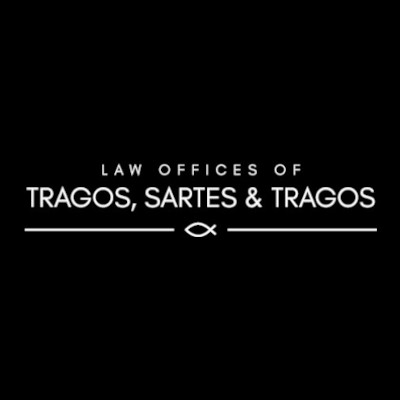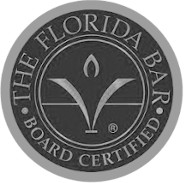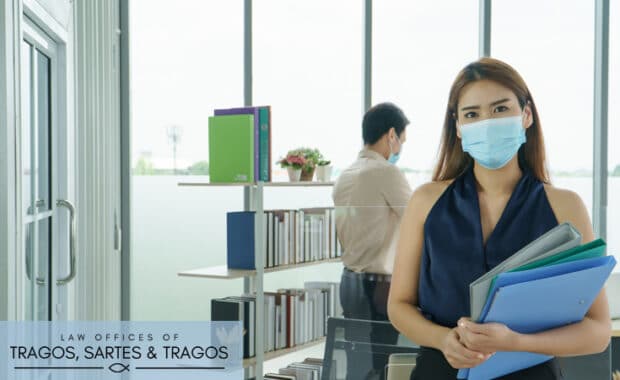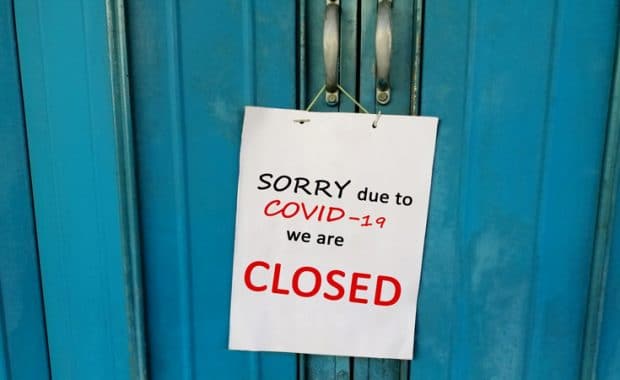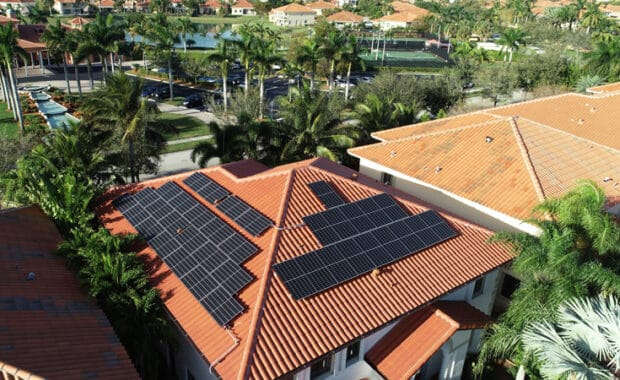

Recovered
CLEARWATER PERSONAL INJURY LAWYERS
CONTACT AN ATTORNEY
4.9★★★★★85 Google reviews
Read reviews
FREE CONSULTATION 24/7(727) 441-9030

Our founding Partner, George E. Tragos, finished his work at the United States Attorney's office and the Department of Justice in March of 1985. It was at that time he knew that his passion was to protect, defend and fight for the rights of those in need. This firm was the fulfillment of that passion.
We do everything ethically possible to provide the best results for our clients by mixing our legal experience and expertise with cutting edge technology and an eye toward the future. When push comes to shove, you want us on your side.






daycare negligence


The experienced lawyers at Tragos, Sartes & Tragos discuss common legal questions, provide some insight into the legal process, and cover current events as they relate to the legal field on their weekly podcast.
LEARN MORE
After an accident or injury, you probably have lots of questions about how the process works and who to ask for help. You might also wonder: How will I get my car fixed? What will my insurance cover? Was this a case of negligence? What legal rights do I have and should I take legal action? These are important questions, but it can be difficult to find clear answers. That’s why we’ve made finding the right answers easy! Check out our blog, podcast, knowledge center or video center for helpful information — and be sure to follow us on social media to stay updated.
NATIONALLY RECOGNIZED
Leaders In Personal Injury Law

Have you been injured in a car accident? Are medical bills stacking up causing extreme stress and anxiety? At Tragos, Sartes & Tragos we have dedicated our careers to helping people in need. When a traumatic event caused by someone else’s negligence changes your life forever, we are here to help pick up the pieces. We are trained in investigating legal causes of action, fighting for the rights of victims, and producing maximum results for your case. We have fine-tuned our approach to evaluating, investigating and presenting cases in a way that maximizes the value because we focus on the person.
Our Clearwater personal injury lawyers focus on what has happened to an individual injured at no fault of their own. We focus on how their life has changed. We focus on putting their life back together. We are not a cookie cutter settlement mill, we fight for every single dollar on every single case. We give every case the attention it needs from a lawyer at our office. Our clients have a direct line to their attorneys, they don’t have to go through a wall of employees just to speak with or meet with their lawyers. We fight for their case, and we are their lawyer.

TO AVOID
IN INJURY
CASES
INJURY
MYTHS
COURT
SETTLEMENTS
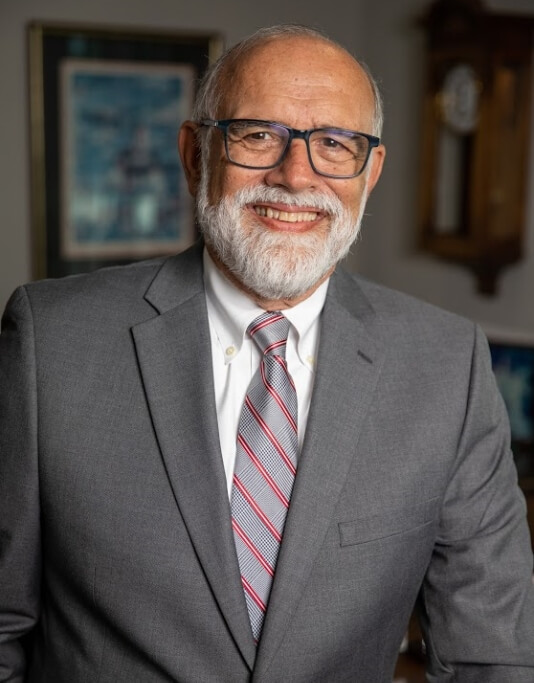
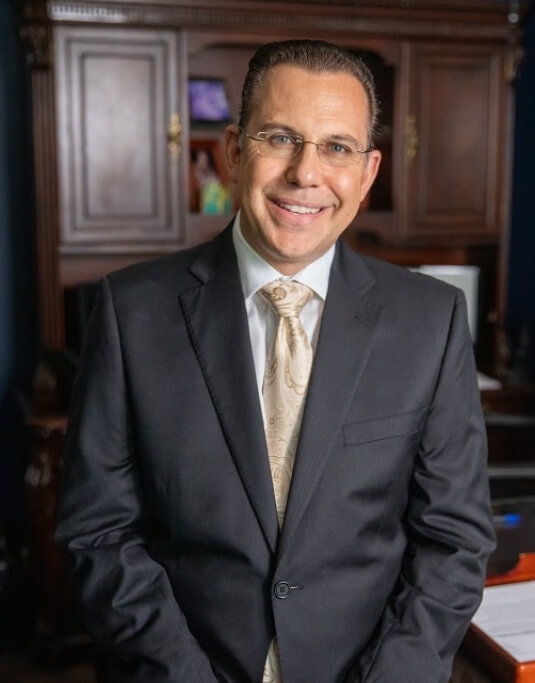

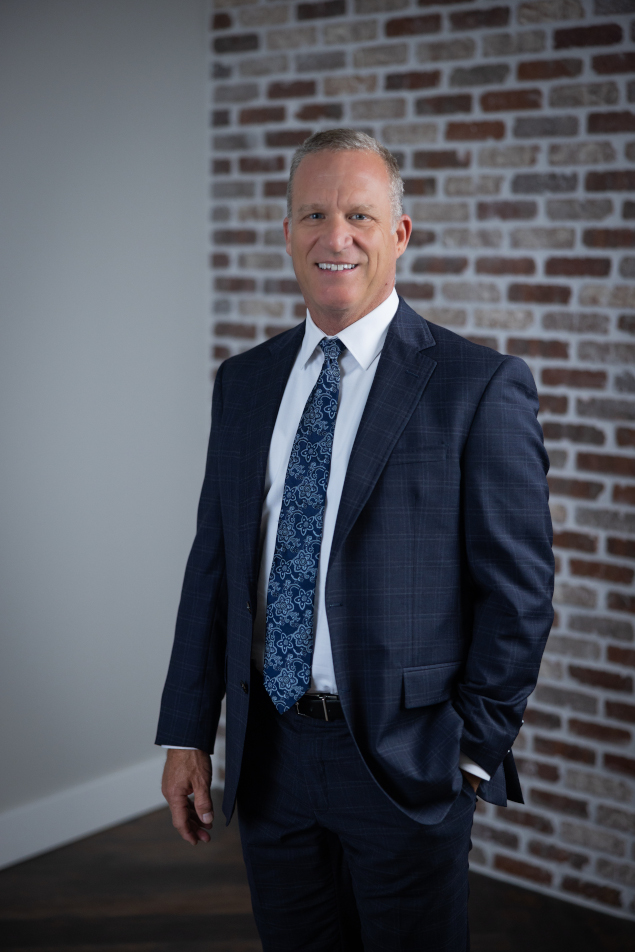
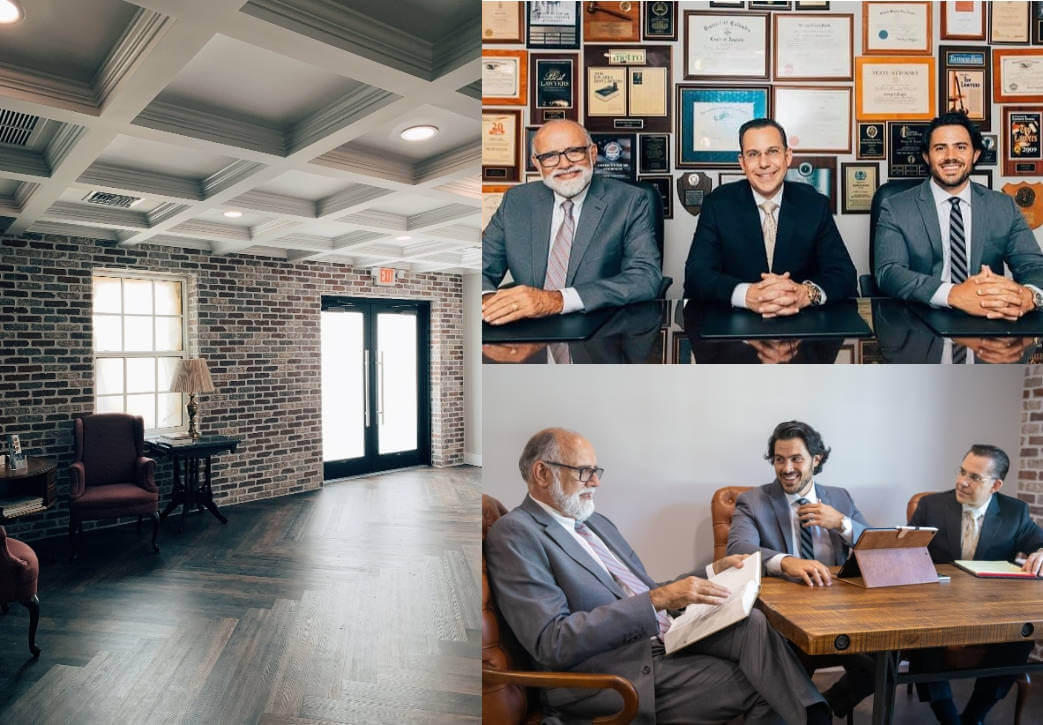


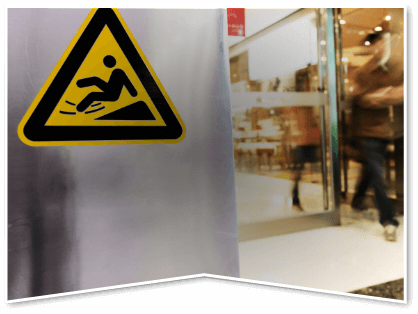


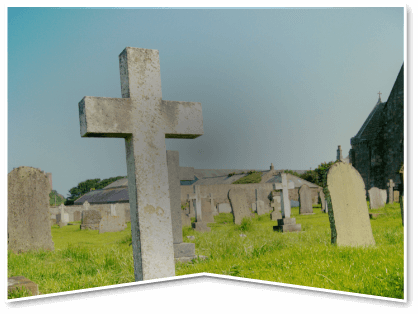




DETERMINING LIABILITY AND DAMAGES TO ESTABLISH YOUR CASE
Whether the injuries you suffered were caused by a negligent medical professional, hazardous work condition, or careless driver, you may be able to hold the negligent party responsible. To successfully recover maximum compensation, you will have to prove that another party was negligent, or reckless, in their actions. To establish negligence, you must collect as much evidence about the accident as possible and effectively present your case.
When people suffer an injury as a result of someone else’s actions, they are entitled to compensation. There are two major factors that must be proven a personal injury claim: 1. Liability and 2. Damages. Most personal injury cases are in the realm of negligence.
The legal elements of a negligence claim are:
- Duty – Individual A owed individual B a duty of care
- Breach – Individual A failed to uphold this duty
- Causation – Individual A’s breach caused individual B an injury
- Damages – The injury suffered by individual B was a foreseeable consequence of individual A’s action
When all four criteria are met, an individual has proven that negligence occurred. When negligence is proven, the individual may be entitled to financial compensation from the individual or entity that committed the negligent action in question.
Our Clearwater personal injury lawyers can help you decide on the right course of action, whether pursuing a personal injury claim in or out of court. We know how to craft a winning claim. We will pursue the best possible outcome for you.
DON'T SETTLE FOR LESS THAN YOU DESERVE
GET A FREE CASE EVALUATION
Personal injury cases can be very detailed and complicated, which makes it difficult for people to handle these cases on their own without assistance from a legal representative. If you have suffered a serious injury because of someone else’s negligent actions, you need to take legal action to pursue financial compensation. Additionally, although you can file a lawsuit on your own, you need an attorney to help you with every part of your case.
Many people believe they only need an attorney if their case goes to court. This is not true. In fact, a personal injury attorney in Clearwater can help you through every step of your claim, which can benefit you in the following ways:
- » Ensure that you file your claim before the statute of limitations expires
- » Make sure you file all documents on time
- » Fight for the appropriate amount of compensation you need
- » Save you time by working on your case while you focus on recovery
A dedicated Clearwater personal injury lawyer can stand up for your rights following an accident, allowing you to fight for the financial compensation you deserve.
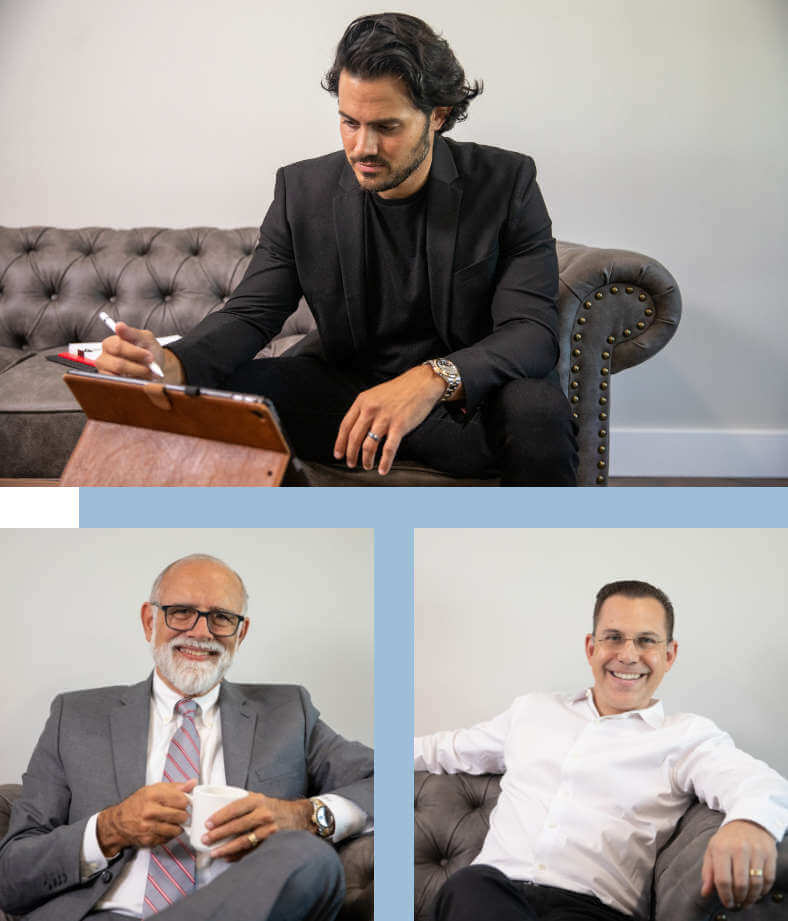
The amount of time you have to file your Clearwater personal injury claim depends on the statute of limitations of state you live in as well as the type of lawsuit you pursue. In the state of Florida, the statute of limitations gives the following restrictions for how long a person has to file a claim:
- » Personal injury cases – within four years of the accident
- » Wrongful death – within two years of your loved one’s death
- » Defective products – within four years of the date of the injury
- » Medical malpractice – within two years of the action that caused the injury or when the injury was discovered
While most people seem to know to call a lawyer before they speak to law enforcement, many forget that they also need to call a lawyer before speaking to an insurance adjuster or providing a recorded statement.
Many victims in a personal injury incident in Clearwater have already given a recorded statement to an insurance company before hiring an attorney. They thought they were required to provide this statement immediately. Many adjusters call and coerce victims into providing a recorded statement, which they only plan to use against them later in the case. Recorded statements are just one of many ways adjusters take advantage of these victims who do not know any better. They believe that they are just telling their side of the story and months later are surprised when these statements are used against them.

Were you injured in a car, truck, or other motor vehicle accident recently?

